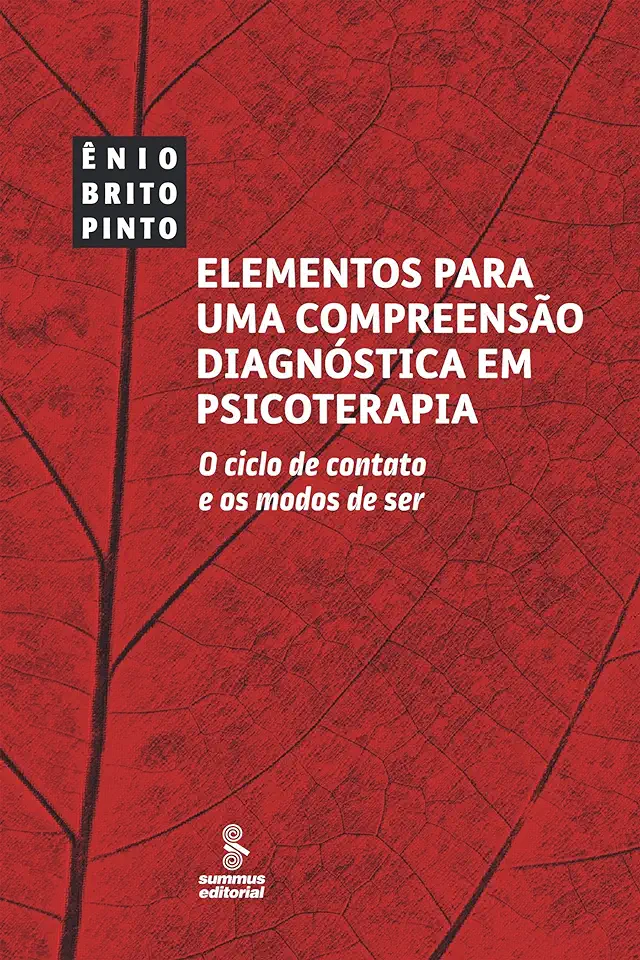
Elements for a Diagnostic Understanding in Psychotherapy
Elements for a Diagnostic Understanding in Psychotherapy: A Comprehensive Guide for Mental Health Professionals
Introduction
In the ever-evolving field of psychotherapy, accurate diagnosis is paramount to providing effective treatment and ensuring positive outcomes for clients. "Elements for a Diagnostic Understanding in Psychotherapy" serves as an invaluable resource for mental health professionals seeking to enhance their diagnostic skills and deepen their understanding of various psychological disorders. This comprehensive guide offers a wealth of knowledge and practical insights, making it an indispensable tool for therapists, counselors, and psychologists.
Key Features:
In-depth Exploration of Diagnostic Criteria: The book delves into the diagnostic criteria for a wide range of mental health disorders, as outlined in the Diagnostic and Statistical Manual of Mental Disorders (DSM-5). Each disorder is meticulously examined, providing a thorough understanding of its symptoms, diagnostic features, and differential diagnoses.
Case Studies and Real-Life Examples: To illustrate the application of diagnostic criteria, the book presents a multitude of case studies and real-life examples. These scenarios bring the concepts to life, allowing readers to grasp the complexities of diagnosis and treatment planning in a practical context.
Integration of Theoretical Perspectives: The book draws upon various theoretical orientations, including psychodynamic, cognitive-behavioral, humanistic, and systemic approaches. This multidimensional perspective enriches the diagnostic process by considering the interplay of psychological, emotional, and social factors in mental health disorders.
Evidence-Based Treatment Recommendations: Each disorder-specific chapter concludes with evidence-based treatment recommendations, ensuring that readers are equipped with the knowledge and tools to develop effective treatment plans tailored to their clients' needs.
Ethical Considerations and Cultural Sensitivity: The book emphasizes the ethical considerations and cultural sensitivity that are essential in the diagnostic process. It highlights the importance of respecting diversity, understanding cultural influences on mental health, and avoiding biases in diagnosis.
Benefits for Mental Health Professionals:
Enhanced Diagnostic Accuracy: By mastering the diagnostic criteria and gaining a deeper understanding of mental health disorders, therapists can make more accurate diagnoses, leading to more effective treatment outcomes.
Comprehensive Treatment Planning: The book provides a framework for developing comprehensive treatment plans that address the specific needs and challenges of each client, increasing the likelihood of successful therapeutic interventions.
Improved Client Care: With a solid diagnostic foundation, therapists can provide more personalized and effective care, fostering therapeutic alliances and promoting client well-being.
Professional Development: The book serves as a valuable resource for ongoing professional development, keeping mental health professionals updated with the latest diagnostic criteria and treatment approaches.
Conclusion
"Elements for a Diagnostic Understanding in Psychotherapy" is a must-have resource for mental health professionals seeking to refine their diagnostic skills and provide the best possible care to their clients. Its comprehensive coverage, practical examples, and evidence-based insights make it an essential addition to any therapist's library. Invest in this book and elevate your diagnostic expertise, ultimately enhancing the quality of care you provide to those in need.